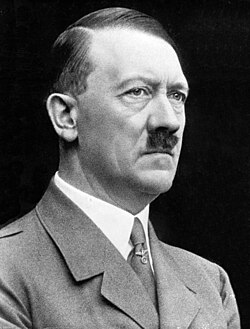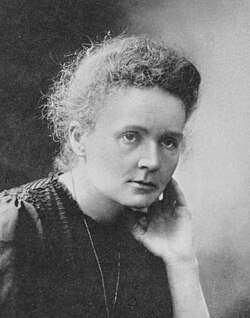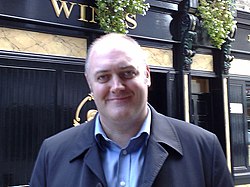This article needs additional citations for verification .(October 2014) |
Former Catholics or ex-Catholics are people who used to be Catholic for some time, but no longer identify as such. This includes both individuals who were at least nominally raised in the Roman Catholic faith, and individuals who converted to it in later life, both of whom later rejected and left it, or converted to other faiths (including the related non-Roman Catholic faiths). This page lists well-known individuals in history who are former Catholics.
Contents
- Individuals who converted to other Christian denominations
- Eastern Orthodoxy
- Protestantism
- Old Catholic and Independent Catholic churches
- Christian Science
- The Church of Jesus Christ of Latter-day Saints
- Individuals who converted to other religions
- God-Believers
- Other former Catholics
- Buddhism
- Islam
- Judaism
- Kabbalah
- Raëlism
- Scientology
- Debatable
- Atheism, agnosticism, or non-religious
- See also
- Footnotes
One 2008 Pew Research Center study estimates that 10.1% of people in the United States describe themselves as former Catholics in some sense. In total the study reports that 44% of Americans profess a different religious affiliation than the one they were raised in. A majority joined another Christian denomination while a substantial minority are counted as currently unaffiliated. [1] A significant number of former Catholics join mainline Protestant denominations with a similar worship pattern, such as Lutheranism or Anglicanism, while others have become Evangelical Christians. [2] [3] [4]
Note: The list includes those who leave the Catholic Church including any Eastern Catholic Church which is in communion with it. People such as Eddie Doherty, who were allowed to transfer from the Latin Catholic Church to an Eastern Catholic church, or vice versa are not considered as "former Roman Catholics", while Eastern Catholics who convert to a non-Catholic church or another religion are considered as such, even though Eastern Catholics do not typically refer to themselves as "Roman".














